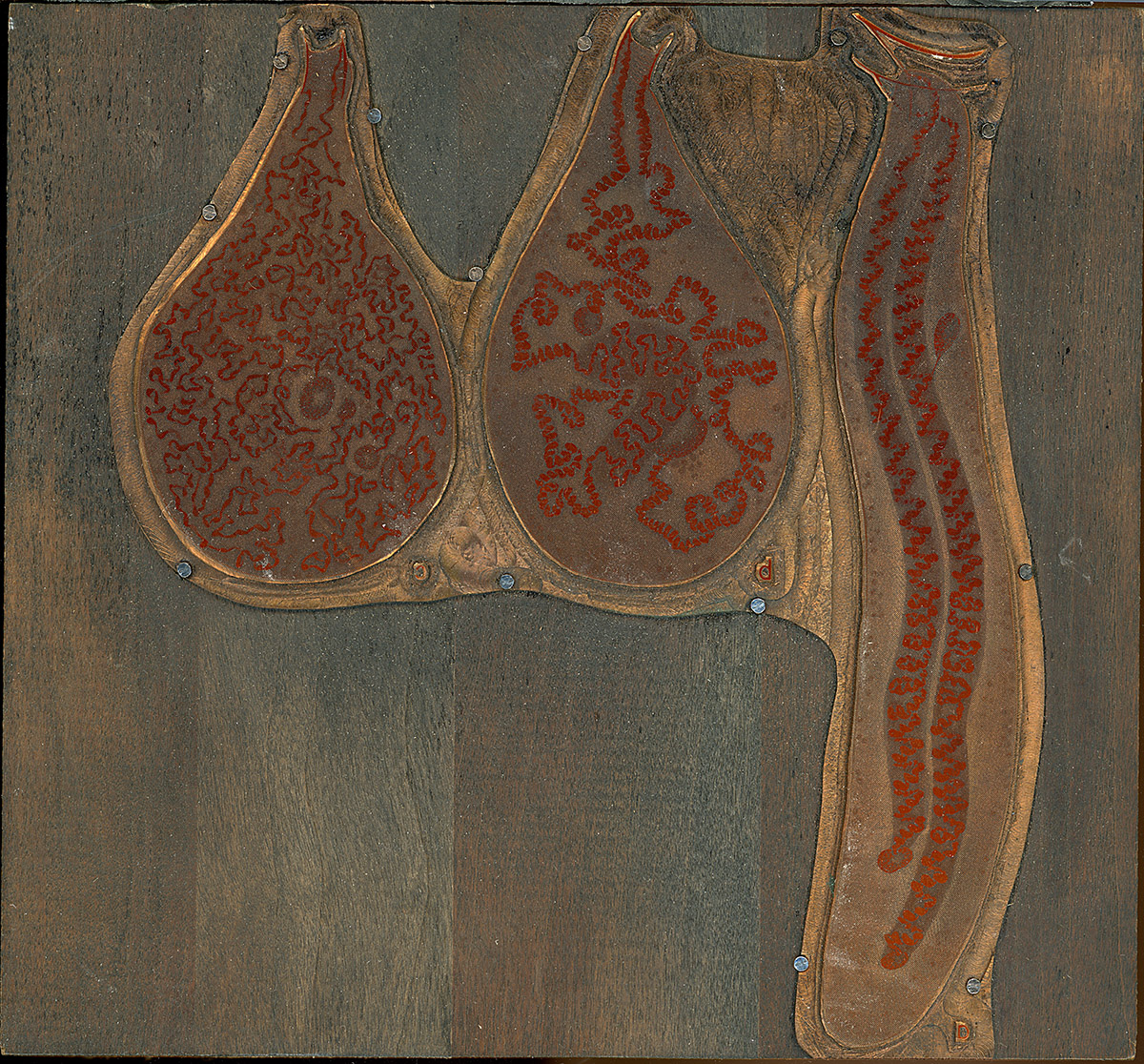Background on L. R. Cleveland

Printing plate
The protistologists Lemuel R. Cleveland is credited with providing the first convincing evidence of the endosymbiotic relationship between protists and their metazoan hosts. Born in rural Newton County, Mississippi, on Nov. 12, 1892, and a graduate of the University of Mississippi, Cleveland received his doctorate from Johns Hopkins in 1923, beginning a long career at Harvard in 1925.
Initially, Cleveland studied the lifecycle of the amoebae associated with human dysentery, but his discovery of a rich protistan biota in the hindgut of the wood-dwelling and wood-eating roach Cryptocercus altered the course of his research. Beginning with his post-doctoral research at Hopkins, he carefully parsed out the role of intestinal flagellates in enabling termites to subsist on a cellulose diet. Termites deprived of their gut flagellates, he showed, would slowly died of starvation unless those flagellates were reintroduced. This first demonstration of symbiosis between a protist and metazoan was followed by years of research on the taxonomy and life history of Cryptocercus protists and on chromosomal structures, both distinguished be Cleveland's skills as a microscopist.
Becoming a fellow of the National Academy of Sciences in1952, Cleveland remained active even after his retirement from Harvard in 1959, having been lured to a position at the University of Georgia. He died on Feb. 12, 1969.

